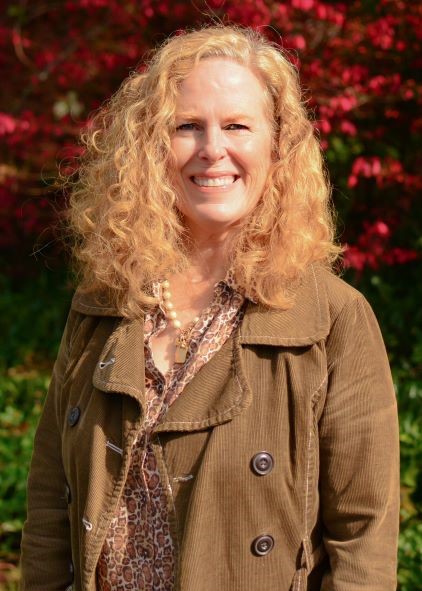This week we
finish our October theme: Winterizing

FERTILIZING – INSULATING – SETTLING INTO OUR ROOTS – TYING THINGS DOWN
In the Spring of 1990 tourists poured out from a cruise ship onto the island of St. Thomas, USVI. They were employees of a large American generator manufacturer. The company made so much money from the sales of generators to Caribbean businesses and residents that they gave their employees bonuses to travel there to help support the islands from which they so greatly benefited. The costliest Atlantic hurricane to date had ravaged the region a few months prior.
In September 1989 a hurricane came ominously close to St. Thomas. Close enough that I and my housemates decided to unlash the awning over the porch, put away furniture, tie things down, check the generator, batten down the hurricane shutters, and a myriad other pre-hurricane season tasks. The hurricane veered away at the last moment. We were luckily spared. But, about a week or two later the massive tropical cyclone, “Hurricane Hugo”, careened through the islands. For 5 days it whipped like a blender on puree through the Lesser Antilles.
The category 5 storm with wind gusts of 170 mph eyed St. Croix to the south and sat on the largest of the three United States Virgin Islands until little was left. Unsatisfied, it proceeded northward to St. Thomas where even in its side swipe of the island brought havoc and devastation. People were found hiding in their full cisterns as their homes were blown off foundations. At least 27 souls perished in the Caribbean islands; more when it hit the U.S. coastline and beat up South Carolina.
Like me, some of my friends and housemates left the island just prior to the St. Thomas landing. (I already had tickets to attend a stateside wedding.) Others stayed in a fortified hotel with their pets and tried to complete work deadlines until the storm passed. Because… you know…life sort of continues. Right?
All of us returned to our home in the weeks after.
If your house was still standing, you prayed your generator still worked properly. Yes, lights and all types of electrical functionality were crucial but, most importantly you needed power to run the water pump, thus the toilets and filtration systems. Ours worked.
The only major damage to our place was that some roofing over a deck detached and fell on another structure. (It had never been anchored properly to the main house apparently.) My bedroom looked like someone put spinach into a blender and turned it on high without a lid. Our neighbor’s house was destroyed. Hurricanes are like that.
But the generators, they worked. For months the hum of power alternately soothed and annoyed survivors. We slowly put our lives, our homes, our neighborhoods, back together. In our disheveled state we gratefully welcomed the generator-making employees, their stateside cash, and their smiles.
I will not list here all the preparations you need to tend to prior to the Winter Windstorms of the Puget Sound. You know what you need to do.
But let’s consider what your “Personal Back-up Generator” is, in the midst of life’s storms.
- Who/What gives you a glimmer of HOPE when all seems lost?
- Who/What gives you an extra boost of CONFIDENCE when you feel overwhelmed?
- Who/What helps you feel CONNECTED when you feel alone?
- Who/What helps remind you when to stop, disconnect, and Just “Be” even during times of chaos?
As we close the Winter preparations of October remember to:
- Tether your temperament
- Staff your mental and emotional recharging stations
- Lasso any runaway worries

Yes, Winter is coming but we got this!
Take good care, Everyone.
Take a deep belly breath. And another.

Lisa Wellington is a Certified Mindfulness Teacher who writes about integrative practices that downshift stress, increase insight, and jumpstart joy.
She is best known for her work with law enforcement professionals as well as those challenged by housing instability and addiction. Trained in the Fine Arts at Washington State University, she specializes in group training that engages participants’ inherent creativity.
If she is not under a stack of books about psychology and spirituality, she can be found at a Puget Sound beach or nearby trail, always searching for the absurd, which is her superpower.










